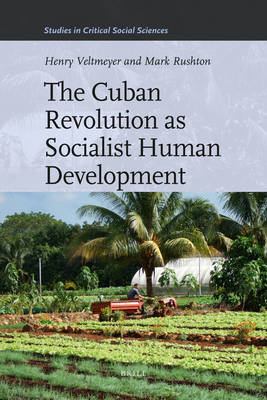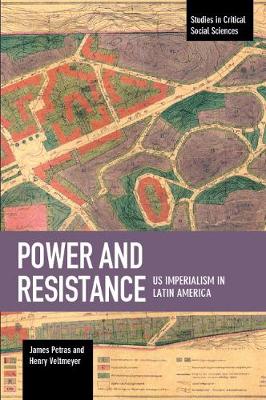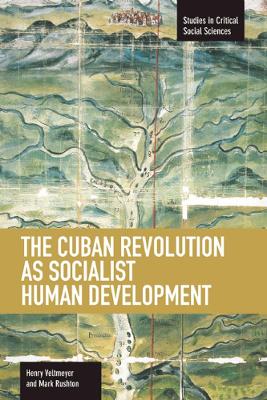Studies in Critical Social Sciences
2 primary works • 4 total works
Book 36
The Cuban Revolution as Socialist Human Development
by Henry Veltmeyer and Mark Rushton
Published 1 January 2011
The book argues that the Cuban Revolution warrants a closer look as a model of socialist human development. A re-reading of the Cuban Revolution from this angle engages unresolved issues in the theory of socialist humanism and the notion of human development popularized by the United Nations Development Programme (i.e., predicated on capitalism). UNDP economists and other agencies of international cooperation for development give a human face to a capitalist development process that is anything but humane. Socialism in Cuba has taken a very different form (socialist human development) than it did elsewhere in the twentieth century. The Cuban Revolution's unique characteristics enabled it to survive adverse conditions - a 'near-perfect storm' - that still threaten its evolution.
Book 70
Recent changes in the global economy, which include a growing demand for energy and natural resources such as industrial minerals and agro-food products, have brought about a massive devastating pillage of resources in the developing world by multinational corporations as well as states with energy and food security concerns-and concerns about a system (global capitalism) in the throes of a global crisis. These developments have also brought about a major change in the form taken by imperialism (actions taken by the state to advance the interests of the dominant capitalist class). This book explores the changing face of US imperialism in the regional context of the Americas, a major stage in the unfolding drama of a system in crisis.
Power And Resistance: US Imperialism In Latin America
by James Petras and Henry Veltmeyer
Published 23 November 2017
This book concerns the form taken today by US imperialism in Latin America, with reference to the projection of US state power as a means of both advancing the economic interests of the US capitalist class in the region and maintaining its hegemony over the world capitalist system.
Cuban Revolution As Socialist Human Development, The: The Dynamics Of Universities, Knowledge & Society
by Mark Rushton
Published 23 February 2013
The Cuban Revolution as Socialist Human Development is a review of the Cuban Revolution from a socialist and humanist perspective. It explores unresolved issues in the idea of human development made popular by the United Nations Development Programme. The authors argue that UNDP and other international development agencies attempt to give a human face to an inhumane capitalist development process. This title argues that understanding Cuba on a deeper level provides an alternative model of development.



